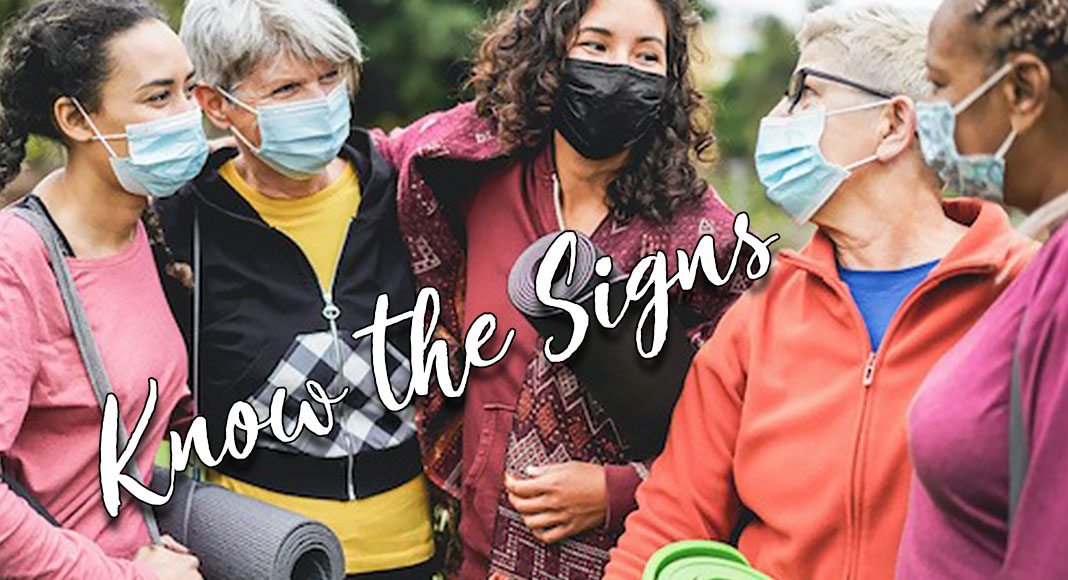
Mega Doctor News
By Rutgers Cancer Institute of New Jersey
Newswise — New Brunswick, N.J. – Gynecologic cancer is the growth and spread of cancer cells in the cervix, ovaries, uterus, fallopian tubes, vagina, and vulva as well as in peritoneum – also known as the reproductive organs, which make any woman at risk for developing one of these cancers. The first step to managing these diseases is to increase your own knowledge of gynecologic cancers. James K. Aikins, Jr., MD, FACOG, FACS, is chief of Gynecologic Oncology at Rutgers Cancer Institute of New Jersey and manages the care of patients at this location and at Robert Wood Johnson University Hospital Hamilton, an RWJBarnabas Health facility. He is also an associate professor of Obstetrics, Gynecology and Reproductive Sciences at Rutgers Robert Wood Johnson Medical School and shares more about these cancers.
Cervical cancer: Cervical cancer is the only gynecologic cancer that can be prevented through regular screenings and vaccinations. Some signs of cervical cancer include pain with sexual intercourse or bleeding after, pelvic pain, abnormal vaginal discharge/bleeding, or odor. Almost all cases of cervical cancer are caused by a persistent high risk human papillomavirus (HPV) infection. Regular Pap tests and testing for HPV can detect precancerous changes that occur in cells and can eventually become cervical cancer. Women between the ages of 21 and 65 are typically screened, but the frequency varies depending on age and other factors.
Uterine cancer: The American Cancer Society recommends that all women at the time of menopause should learn about the risks and symptoms of uterine cancer. These symptoms may include abnormal vaginal bleeding or discharge, pelvic or abdominal pain and pressure. Risk factors include late menopause, obesity, unopposed estrogen, high blood pressure, diabetes or a family history of colon or uterine cancer.
Ovarian cancer: Doctors often rely on the common symptoms of abdominal pain, bloating pelvic pressure or change in urinary or bowel function to guide them in the detection of ovarian cancer. To detect this type of cancer, women should undergo an annual rectovaginal pelvic exam, during which the ovaries are checked as part of the overall gynecologic examination. This exam however generally does not detect ovarian cysts unless they are very large. Risk for ovarian cancer increases with age or a family history of ovarian or breast cancer.
Vaginal and vulva cancer: Women should pay attention to any changes in the vulva and vaginal region such as changes in the color of the skin, itching, sores, lumps, ulcers that do not go away and pain or bleeding. Risk factors for these cancers include persistent HPV infection, lichen sclerosis (skin) of the vulva and age, especially 60 years and older.
Other tips for maintaining gynecologic health: The HPV vaccine protects against most common types of HPV virus that could cause cervical, vaginal and vulvar cancers. Have a discussion with your doctor to see if you or your child may be eligible to receive this vaccine series. Additionally, maintaining a healthy weight, being physically active and eating a healthy diet contribute to cancer prevention along with avoiding or quitting smoking. It is important for you to pay attention to your body and know what is normal for you. All women should discuss a routine examination schedule with their doctor, as other factors may influence the frequency of a gynecologic exam, related tests and vaccines.








